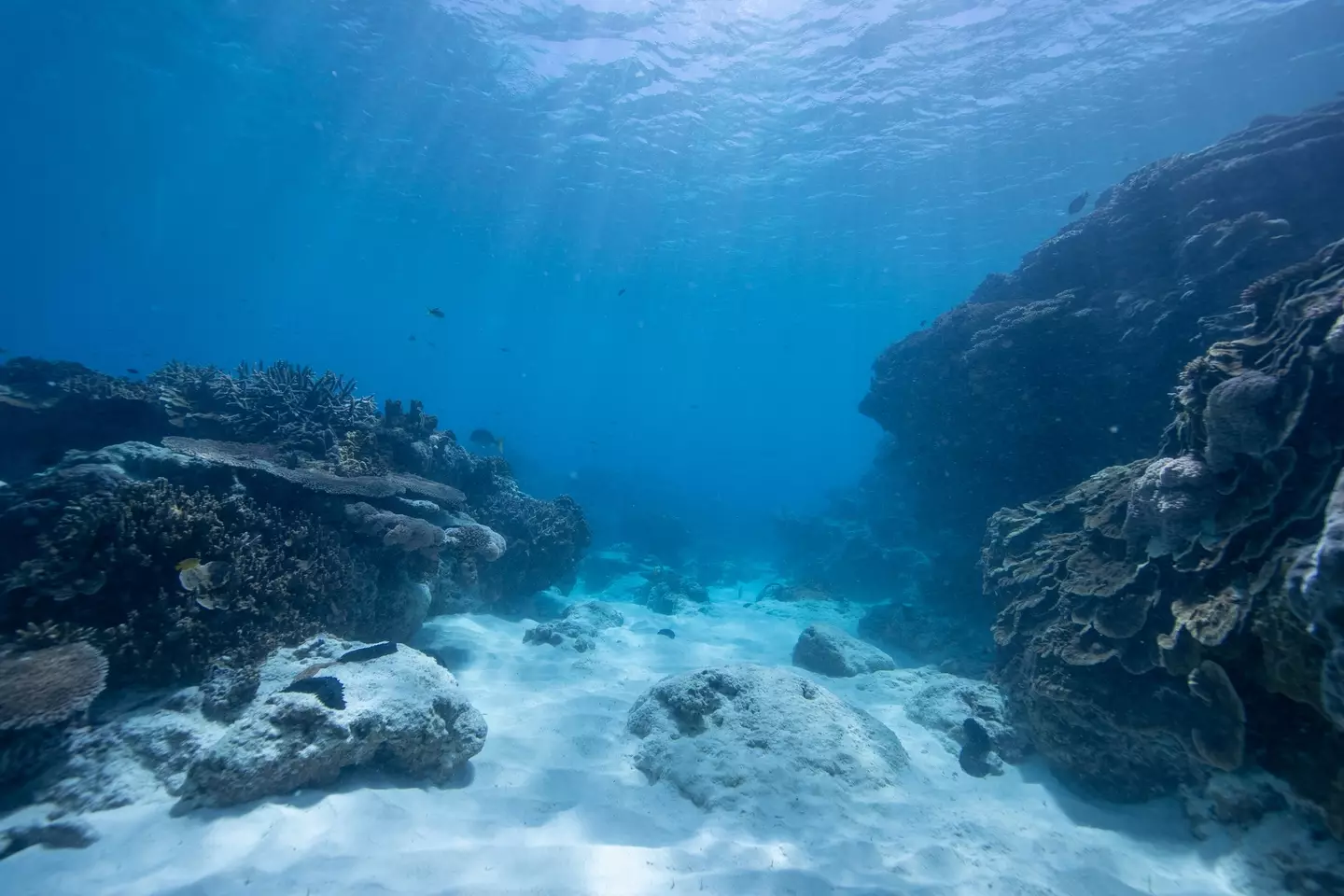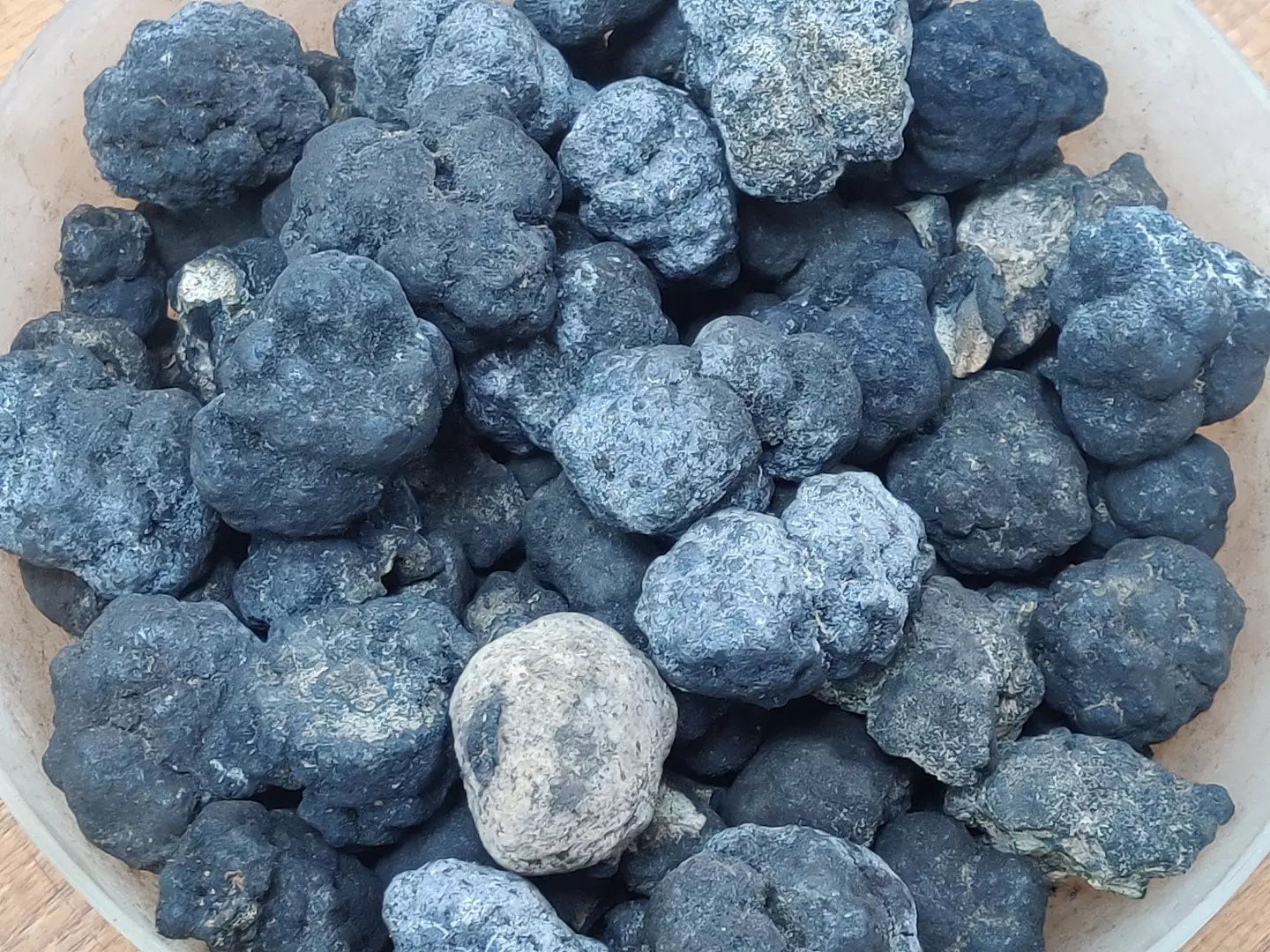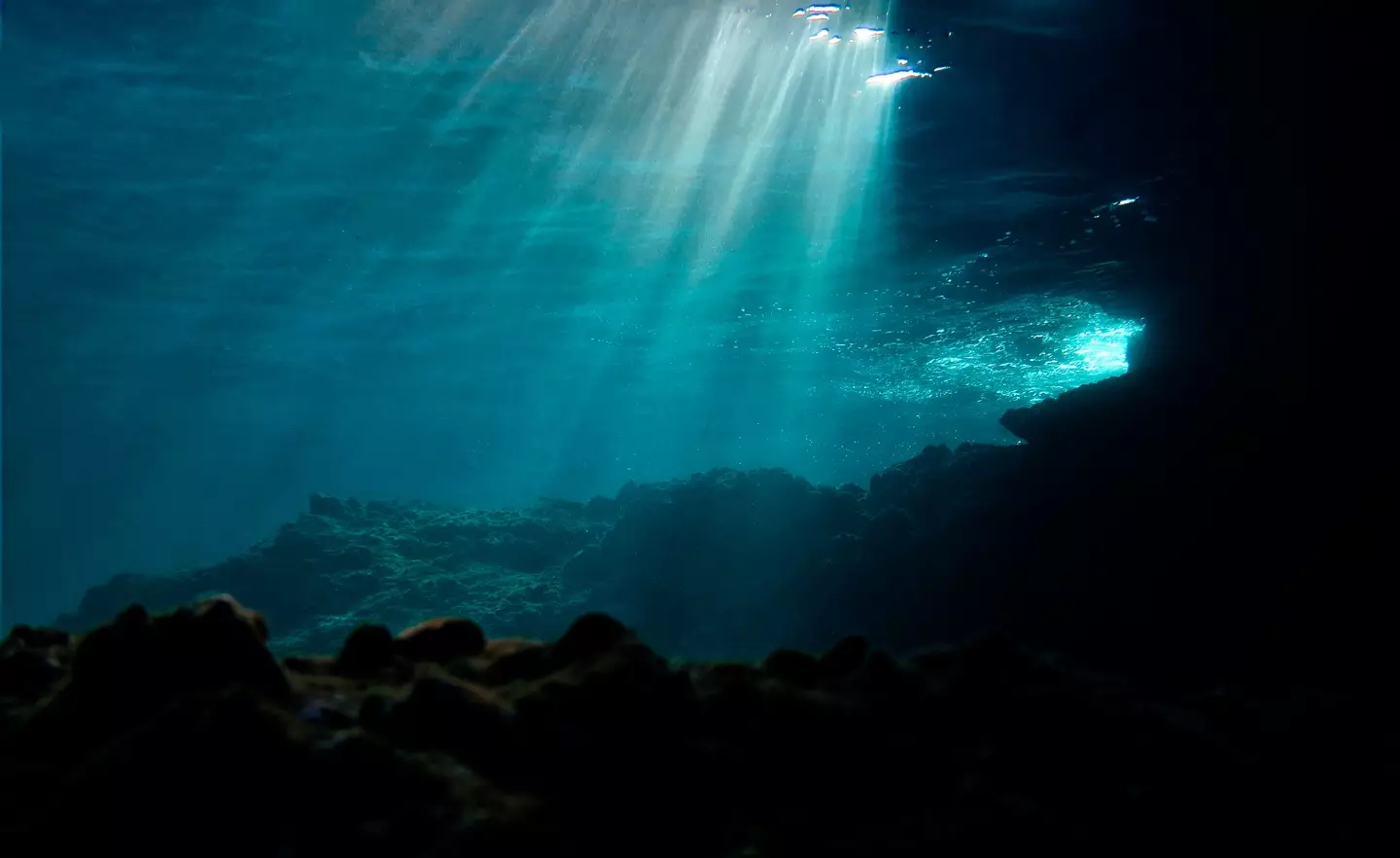
A new groundbreaking discovery has been uncovered after scientists found “dark oxygen” in the ocean.
The find defies everything we once thought after the “dark oxygen” was discovered to be being produced in deep ocean by lumps of metal on the seafloor, around 5km (3.1 miles) below the surface.
Half of the oxygen we breathe comes from the ocean but scientists have always thought that it was made by marine plants through photosynthesis.

Advert
Photosynthesis is a process that needs sunlight so this discovery of oxygen so deep in the ocean that the sun doesn’t reach could change everything we think we know.
Instead, it’s happening from metal nodules on the oceanfloor, which are naturally splitting the water into hydrogen and oxygen.
Talking to the BBC, lead researcher from the Scottish Association for Marine Science, Professor Andrew Sweetman said: “I first saw this in 2013 - an enormous amount of oxygen being produced at the seafloor in complete darkness.
“I just ignored it, because I’d been taught - you only get oxygen through photosynthesis.
“Eventually, I realised that for years I’d been ignoring this potentially huge discover.”

The process for these nodules to form takes millions of years and they’re made up of metals that dissolved in the water and collected on fragments of shells and other debris.
It’s possible that this “dark oxygen” could support other forms of life on the oceanfloor but the exciting new breakthrough is now at risk.
Mining companies are eager to begin excavating the nodules because they act like batteries.
Sweetman explained: “If you put a battery into seawater, it starts fizzing. That’s because the electric current is actually splitting seawater into oxygen and hydrogen [which are the bubbles]. We think that’s happening with these nodules in their natural state.

“It's like a battery in a torch. You put one battery in, it doesn't light up. You put two in and you've got enough voltage to light up the torch. So when the nodules are sitting at the seafloor in contact with one another, they’re working in unison - like multiple batteries.”
There is fear that mining these nodules could pose a risk to life along the seabed and might even lead to the destruction of ecosystems.
So far, more than 800 marine scientists from 44 countries have signed a petition against the prospect of any mining ventures.
The discovery of “dark oxygen” could also change what we know about the possibility of life beyond our atmosphere.
In outer space, scientists are now considering where it’s possible for this “dark oxygen” to be formed elsewhere.